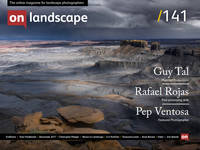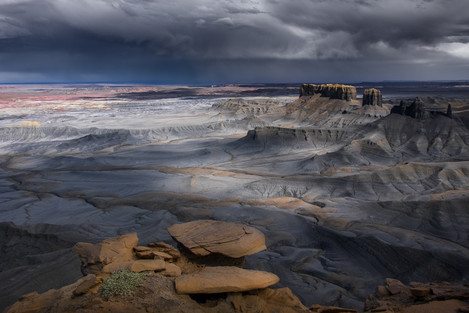And the Unplanned Experience
Here, then, is the beginning of a vicious circle. Because “beautiful” poems make the poet beloved, a great quantity of poems come into the world that attempt nothing except to be beautiful, that pay no heed to the original primitive, holy, innocent function of poetry. These poems from the very start are made for others, for hearers, for readers. They are no longer dreams or dance steps or outcries of the soul, reactions to experience, stammered wish-images or magic formulas, gestures of a wise man or grimaces of a madman—they are simply planned productions, fabrications, pralines for the public. They have been made for distribution and sale and they serve to amuse or inspire or distract their buyers. So just this sort of poem finds approval. One does not have to project oneself seriously and lovingly into such poems, one is not tormented or shaken by them, rather one sways comfortably and pleasurably in time to their pretty, regular rhythms. ~Hermann Hesse
I was surprised by the number of favourable responses I received to a recent post in which I stated that not one of the images I consider as my most meaningful resulted from planning. Continuing this line of thinking, it also implies that if I was in the habit of planning my photographs, I may have succeeded in following my plan and rewarded with images that are pleasing and popular—things that can be planned for—but I would never have made any of these images that I consider meaningful and revelatory—things that cannot be planned for. In this sense, planning can be considered a great impediment to making the kind of work I value most. With the danger being, ironically, succeeding in accomplishing the planned outcome.



